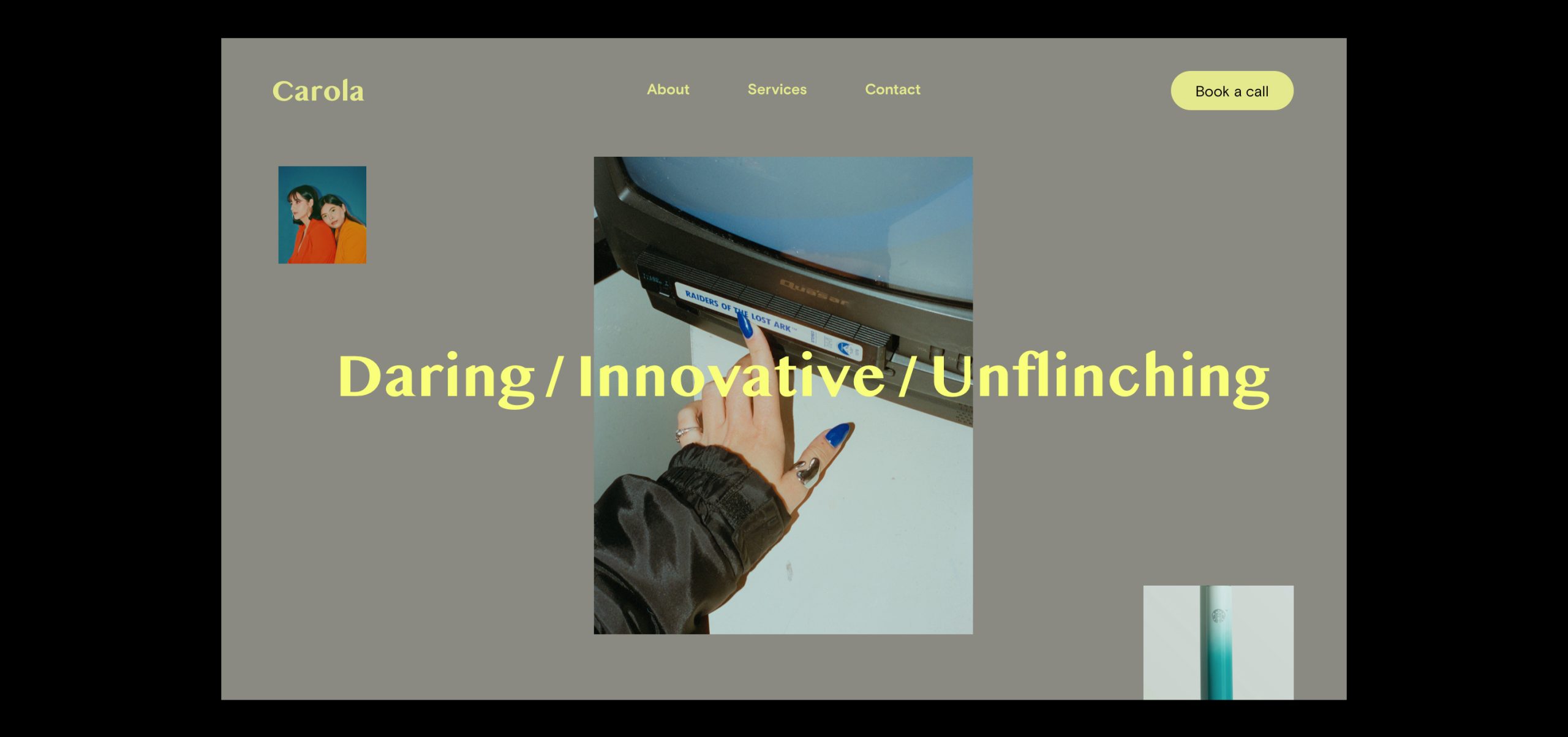In recent years, artificial intelligence has revolutionized several fields, but one area experiencing significant transformations is blockchain technology and smart contracts. As AI models like Qwen and frameworks such as GPT-NeoX emerge, the integration of these technologies is not only reshaping the way we think about contracts but also enhancing automation in unprecedented ways.
Understanding Smart Contracts
At its core, a smart contract is a self-executing contract with the terms of the agreement directly written into code. They are designed to facilitate, verify, or enforce the negotiation or performance of a contract. Smart contracts run on blockchain networks, ensuring transparency and immutability.
Why Smart Contracts Matter
- Efficiency: They reduce the need for intermediaries, minimizing delays.
- Accuracy: Automation eliminates human errors that may arise from manual processes.
- Cost-effective: They reduce transaction costs by removing third-party enforcement.
The Role of AI in Smart Contract Automation
AI enhances smart contracts by improving their intelligent execution and management. AI can assist in the creation of more sophisticated smart contracts by analyzing vast datasets to identify best practices.
How AI Models Like Qwen Are Impacting Smart Contracts
Qwen, a pioneering AI model, is designed to understand natural language, making it particularly advantageous for interfacing with smart contracts. It can analyze contract language and terms, transforming them into programmable code more efficiently than traditional coding methods.
For example, using Qwen’s capabilities, organizations can automate the translation of complex legal documents into executable smart contracts. This process previously required a significant amount of legal expertise, yet with Qwen, businesses can streamline operations and significantly cut costs.
Technical Overview: Integrating Qwen with Smart Contracts
For developers interested in integrating AI with smart contracts, consider the following simple implementation using Python and a smart contract platform like Ethereum:
from qwen import Qwen
from web3 import Web3
# Connect to Ethereum node
w3 = Web3(Web3.HTTPProvider('http://127.0.0.1:8545'))
# Initialize Qwen model
model = Qwen()
contract_terms = "Rent for apartment, $1500 per month, pay at the first of each month"
executable_contract = model.generate_code(contract_terms)
# Deploy smart contract
bytecode = executable_contract.to_bytecode()
contract = w3.eth.contract(abi=abi, bytecode=bytecode)
tx_hash = contract.deploy()
This snippet shows how developers can leverage Qwen to transform contract terms into executable code that Ethereum can understand. Such advancements are creating a more accessible landscape for creating and managing smart contracts.

Exploring GPT-NeoX for Smart Contracts
GPT-NeoX represents another major stride in AI, specifically designed for broader applications, including natural language processing tasks relevant to smart contracts. By utilizing its large-scale architecture, developers can generate and optimize smart contract clauses with more nuance and flexibility.
Use Cases with GPT-NeoX
Some compelling use cases include:
- Automated Negotiation: GPT-NeoX can simulate negotiation processes, making suggestions or adjustments based on historical data and successful contracts.
- Legal Drafting: The model can assist in drafting contract clauses that comply with legal standards, therefore reducing the workload of legal professionals.
- Risk Assessment: It can analyze proposed contracts and highlight potential risks based on existing knowledge and outcomes from past contracts.
Industry Trends: The Growing Demand for AI-Powered Smart Contracts
The demand for AI in smart contract automation is surging as businesses realize the potential of integrating AI with blockchain technology. Major corporations are beginning to adapt these solutions, leading to:
- Increased Investment: Venture capital and corporate investments in blockchain-focused AI startups are growing.
- Regulatory Developments: Governments are slowly harmonizing regulations around smart contracts, allowing for wider adoption.
- Collaborative Platforms: Partnerships between AI firms and blockchain developers are thriving, leading to innovative solutions.
Real-World Examples: Companies Leading the Charge
Several companies are already leveraging AI to revolutionize smart contracts:
- Chainlink: A decentralized oracle network that integrates AI to automate and validate smart contracts.
- OpenAI: Utilizing AI models to improve transaction efficiency and create user-friendly interfaces for smart contract creations.
- Augur: A platform that uses AI to automate predictions and payouts based on event outcomes in decentralized markets.
Challenges and Considerations
Despite the advantages, the integration of AI in smart contract automation is not without its challenges:
- Complexity: Understanding AI functionalities can be daunting for those without technical backgrounds.
- Legal Compliance: Ensuring that AI-generated contracts adhere to legal standards remains a pressing concern.
- Security Risks: Smart contracts that incorporate AI could be vulnerable to new types of cyber threats.
Final Thoughts
The future of smart contracts is undoubtedly intertwined with artificial intelligence. As models like Qwen and GPT-NeoX flourish, we can expect a wave of innovation that streamlines contract execution and maximizes efficiency. By understanding the foundational elements and keeping an eye on industry trends, we can embrace a transformative era in smart contract automation.
